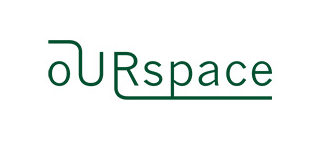
Be Mindful Found Effective for Reducing Problematic Smartphone Usage
A randomised control trial by the University of Regina explored the effectiveness of a digital Mindfulness-based Intervention (MBI) in reducing Intolerance of Uncertainty (IU), Problematic Smartphone Use (PSU) and anxiety-related symptoms, alongside increasing mindfulness. The study also aimed to assess whether IU over time was associated with an accurate measure of smartphone use, and whether specifically PSU was associated with IU over time.
The study was tested in a non-clinical sample, and had three conditions: Waitlist Control, Active Control (actively reducing smartphone usage) and MBI treatment (Be Mindful program). All participants tracked their 'Screen Time' on their phones via a built-in app and completed weekly self-report measures across the 5 week duration of the study.
Results found that Be Mindful was found to produce similar efficacy in reducing PSU and anxiety as those in the Active control group. Be Mindful was also seen to be more effective in increasing levels of mindfulness than both other groups. These results support previous research that mindfulness may be protective against PSU (by mindfulness having an inverse relationship with PSU).
24%
REDUCTION IN SMARTPHONE ADDICTION
23%
REDUCTION IN ANXIETY
The study additionally found that IU appears related to PSU, but not general smartphone use. This implies that how a smartphone is used may be more relevant to IU, rather than how much a smartphone is used.
Those in the Be Mindful group also found improvement across various scales, such as an average 23% decrease on the GAD-7 (Generalized Anxiety Disorder Assessment) and an average 23% decrease on the PHQ-9 (Patient Health Questionnaire). Also a 24% decrease on the SAS-SV (Smartphone Addiction Scale).
This trial was the first to examine the effectiveness of a digital MBI in reducing IU and PSU. It was published in oURspace Institutional Repository in September 2021.

